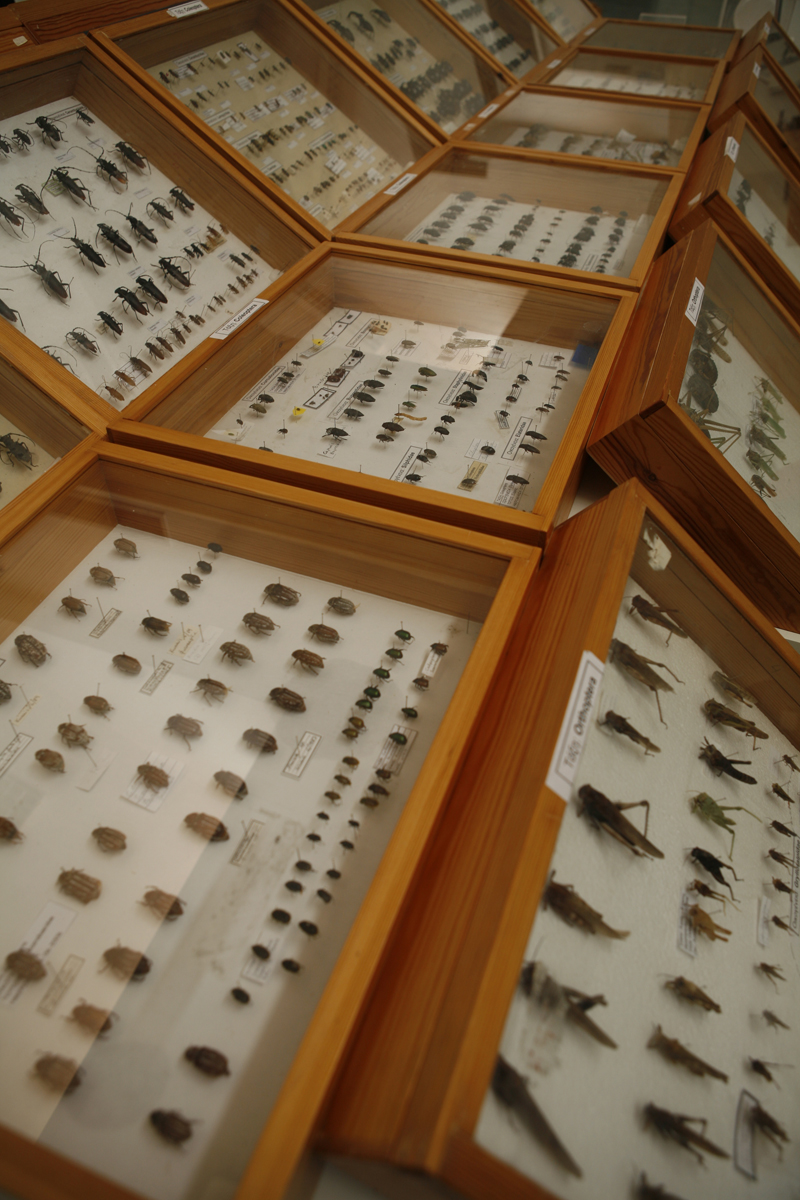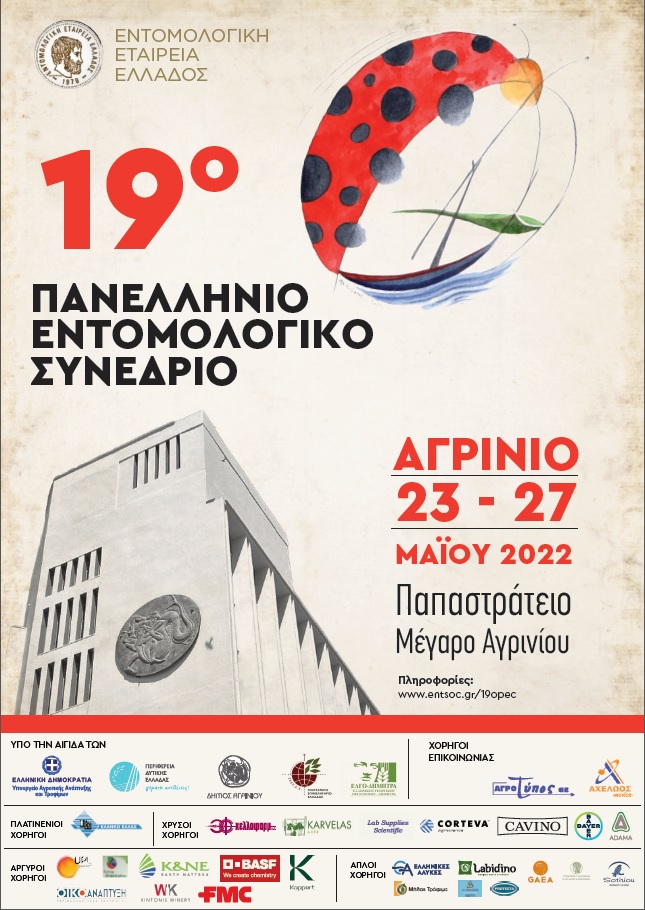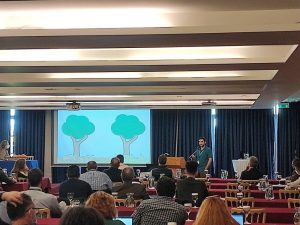
The MEDFLY project focuses on one of the most important invasive species and devastating pests for fresh fruit production in Greece, Europe and worldwide, the Mediterranean fruit fly (medfly), Ceratitis capitata (Wiedemann). We aim to explore the life history and physiological traits that affect invasion success in a comprehensive and holistic approach. Special emphasis will be placed on traits facilitating survival and dispersal of C. capitata into more temperate areas as a result of climate change. Bringing together novel molecular, physiological, ecological and demographic tools, we will generate new knowledge that can be used to develop robust and more reliable predictive ecological models as well as new response methods and strategies to increase preparedness of the deciduous fruit producing industry to better control, suppress and/or manage medfly. Using C. capitata as a model, we will explore some less well-understood biological traits that can make an organism a successful invader. Traits include resistance to acute and chronic thermal stress across different developmental stages (e.g. adults, larvae, pupae, eggs) and responses to key fruit hosts under different thermal regimes, and genotype (C. capitate biotypes) x environment (host fruit & temperature) interactions across life stages.
General Objective
To understand invasion dynamics of the Mediterranean fruit fly and biological traits that influence invasion success with emphasis on range expansion to northern, more temperate areas of Greece and Europe, and to generate new knowledge needed to develop predictive models and response strategies to protect the fruit industry of Greece and Europe from devastation by this pest.
Specific objectives
• To determine the adaptive and plastic responses of C. capitata to stressful thermal conditions and key overwintering hosts that influence invasion success
• To identify physiological and molecular mechanisms that regulate plastic and adaptive responses to stressful conditions
• To better understand the genetics of behaviours and physiological strategies linked to enhanced dispersal
• To provide new, much needed, data for building better predictive models; thus, improving our ability to assess the invasion potential of the Mediterranean fruit fly and the treat to deciduous fruit producing areas of Greece and Europe more broadly.


